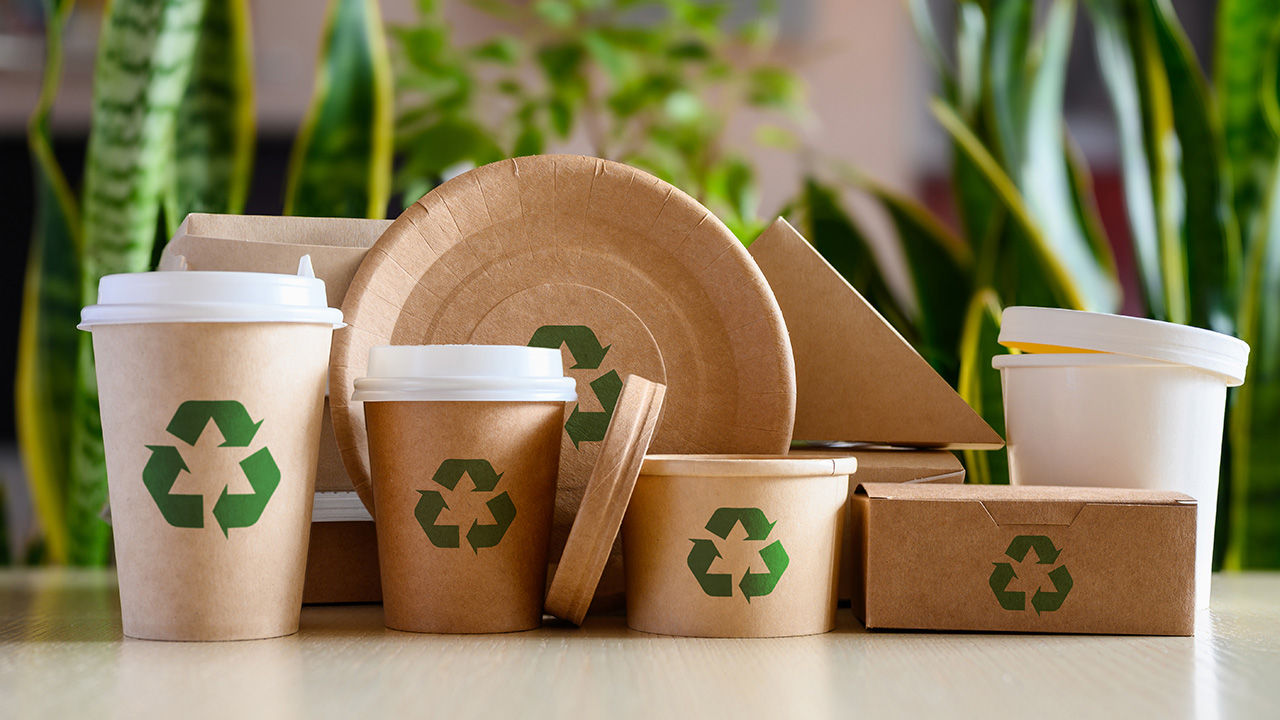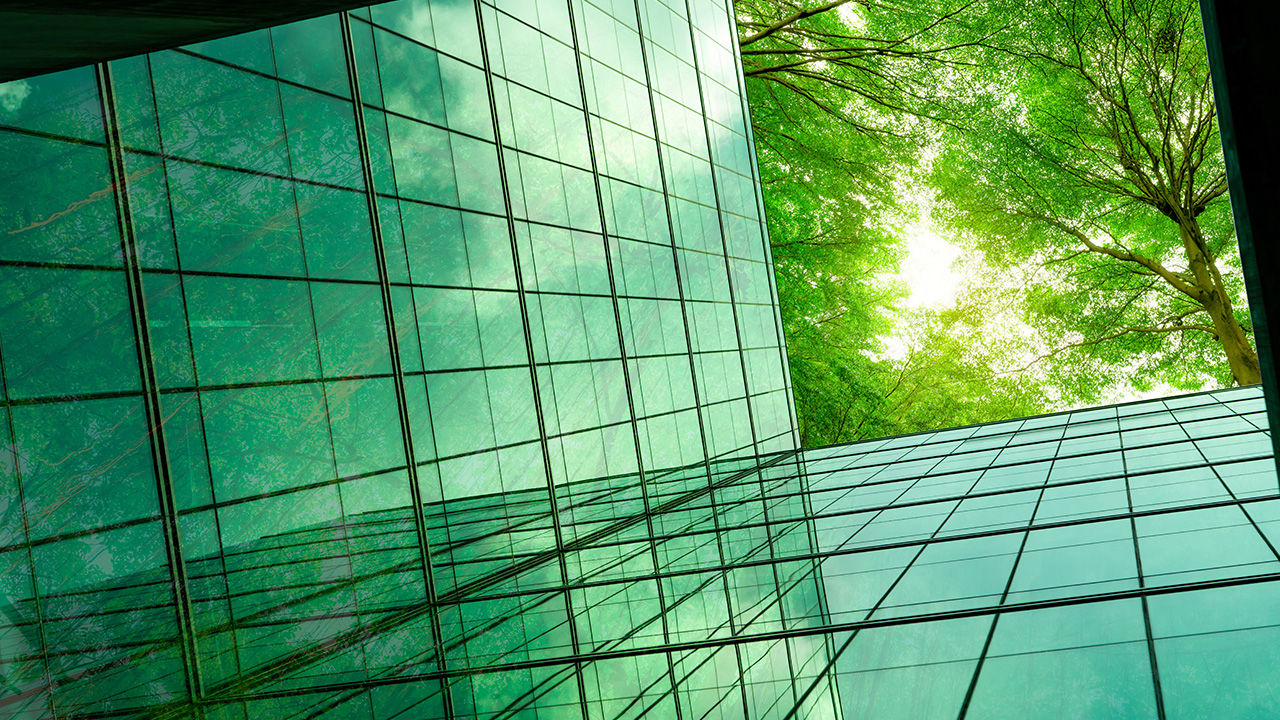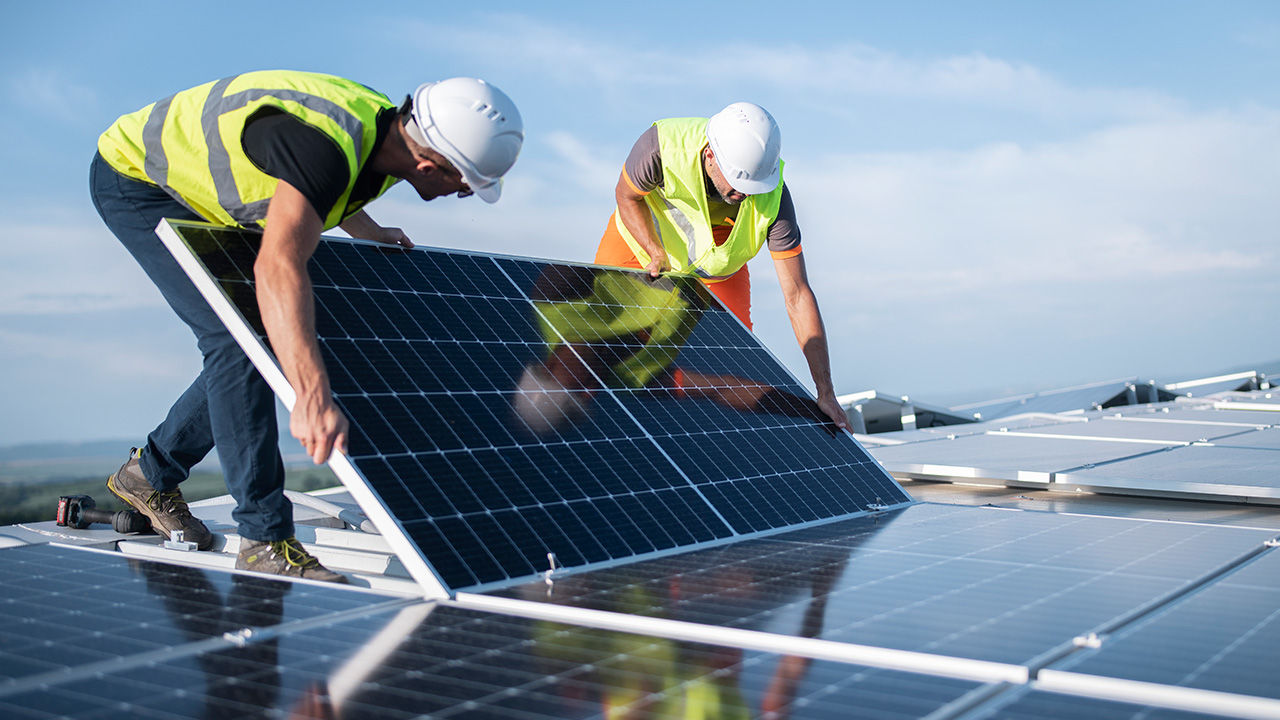
This is the first large-scale event hosted at BT's Adastral Park which not only will be focused on the topic of sustainability, but also in which we are aiming to deliver in a sustainable way.
Whilst an event of this nature will have a carbon impact due to customers travelling to and from the event we believe that collaboration between businesses, customers and stakeholders is critical to drive action. Good things come from meeting people face to face, whether it's networking, making new connections, or seeing and discussing new innovations, However, we know that not everyone can make the journey to Adastral Park, so we are also offering a hybrid format for those unable to attend in person.

While organising this event, we are finding ways to reduce the environmental impact of the event as much as we can.
For example, we are making sure we cut out needless single use plastic, save on energy where we can, and use re-usable materials.
Below are a number of things we're doing to support making this event more sustainable:

Adastral Park comprises a heterogeneous mix of accommodation types, including offices, lecture theatres, research labs, data centres and server rooms.
Some have been newly built from the ground up, some occupy legacy or repurposed buildings, some of which were first created back in 1975 when the park first opened.
The power profile of the park shows that most of the energy is not used by the 4,000 people in offices, but by operational kit in data centres and server rooms. A fact proven during COVID-19 lockdowns where there were far fewer people on site - but operational kit was powered on 24/7 – and this did not dramatically reduce power usage.
In the past two years, we have run countless initiatives focussed on all accommodation types, but they have been most effective on these operational kit rooms. One of the most successful initiatives is to automatically power down kit using Intelligent PDUs (power distribution units) unless it is actively being used (for test modelling or research).
Air conditioning this operational kit is also a heavy energy user. Raising the temperature set points (so that the air conditioning isn't having to work so hard to keep a room colder than it needs to be) has also been an effective way of reducing energy. This has been applied to every such space in Adastral.

We've been a leader on climate and sustainability action for 30 years - setting our first carbon reduction target in 1992 and one of the world's first science-based targets in 2008.
And we continue to set and embedded clear goals and initiatives to fight climate change and for the effective stewardship of the environment:
To find out more about BT's progress against these targets and how we are accelerating growth through technology that is responsible, inclusive and sustainable for our customers, colleagues and stakeholders please check out our Manifesto commitments.
BT is ISO 14001 and ISO 50001 certified and we have received several key awards and ratings recently in connection with our Sustainability initiatives, including, but not limited to: